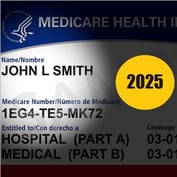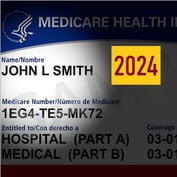Looming Medicare Advantage plan network and benefits cuts overshadowed health insurance exchange moves today during UnitedHealth Group Inc.’s second-quarter earnings call.
UnitedHealth (NYSE:UNH) is reporting $1.4 billion for the latest quarter on $30 billion in revenue, up from $1.3 billion on $27 billion in revenue for the second quarter of 2012.
The company ended the quarter providing or administering medical coverage for 45 million people, up from 36 million a year earlier, in part because of the addition of a major TRICARE contract.
Enrollment in insured commercial plans fell to 8.1 million, from 9.3 million, and enrollment in commercial self-insured plans increased to 19 million, from 17 million.
Gail Boudreaux, the company’s executive vice president, said during the earnings call that the company expects to sell coverage through Patient Protection and Affordable Care Act (PPACA) exchanges in about a dozen states in 2014 and sees the exchanges as a huge opportunity over the long term.
But executives spent much more time talking about how federal funding cuts could affect their 2014 Medicare Advantage plan line.
The Medicare Advantage program gives private companies a chance to sell plans that substitute for the traditional Medicare plan program to Medicare enrollees.
Enrollment in the company’s Medicare Advantage plans rose to 2.9 mllion in the second quarter, from 2.5 million a year earlier.








 July 18, 2013 at 10:21 AM
July 18, 2013 at 10:21 AM










